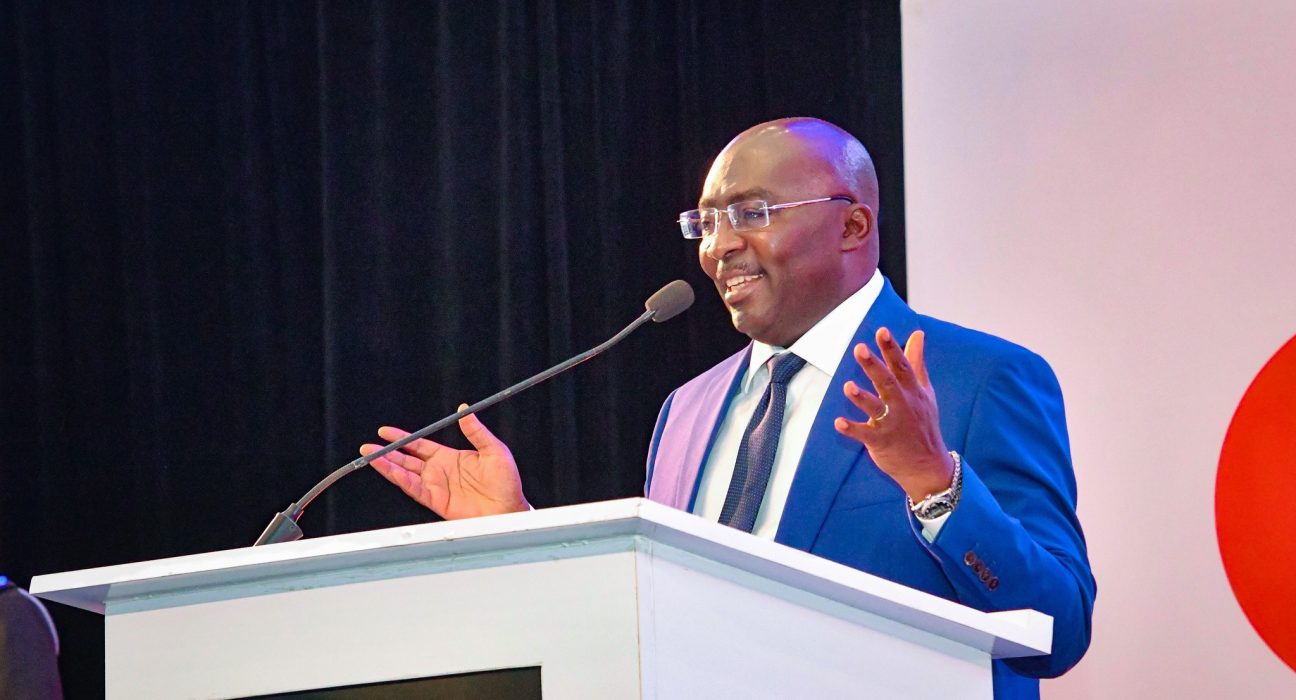Tax is an obligatory contribution to a nation’s income, imposed by the government on the earnings of workers and businesses, or added to the price of certain goods, services, and transactions.
The primary objective of taxes is to finance government expenditures and public spending, as well as to regulate and mitigate negative externalities. Ghana presently utilizes the progressive tax system that it has inherited since gaining independence.
This type of tax system involves a tax rate that increases as taxable income rises. A significant number of individuals do not comprehend this system, and it is excessively burdensome, susceptible to abuse, and not entirely advantageous for the country.
This is one of the primary reasons why Dr. Bawumia intends to reform our tax system and adopt the Estonian tax model. According to the Tax Competitive Indexes for 2023, the Estonian tax system is transparent, uncomplicated, and currently the best in the world.
It has maintained this position for the past decade, with an overall score of 100.0, followed by Latvia in second place with a score of 88.5. The driving force behind this remarkable achievement is the absence of corporate income tax on reinvested and retained profits in Estonia.
This means that businesses can reinvest their earnings without being taxed and expand their operations at a significantly faster pace without incurring additional expenses. Individual income is taxed at a flat rate of 20%, which will increase to 22% on January 1, 2025.
Furthermore, there are no taxes on distributed dividends that have already been subjected to corporate income tax. Taxes on property are solely based on the value of land, excluding real property or capital.
Estonia follows a territorial tax structure that exempts 100% of foreign earnings made by domestic corporations from domestic taxation, with only rare exceptions.
Dr Bawumia’s plan includes implementing a tax amnesty to eliminate tax obligations for individuals and cooperative bodies, providing them with a new beginning in business.
This initiative aims to transition Ghana to a flat-rate tax system, which involves a uniform tax rate on incomes, products, and services. Importers have faced challenges at the ports due to exchange rate fluctuations and increased duties.
Dr Bawumia intends to tackle this issue by introducing a flat rate tax in cedis on import duties, ensuring that our port duties are either equal to or lower than those in neighboring Togo.
This measure will alleviate importers’ difficulties, promote the use of our ports, and discourage the use of unauthorized routes for goods. By adopting Estonia’s tax model and implementing a tax amnesty alongside a flat-rate cedi tax at our ports, Dr Bawumia’s proposal will streamline our tax system, stimulate economic growth, and usher Ghana into a new era of opportunities.









